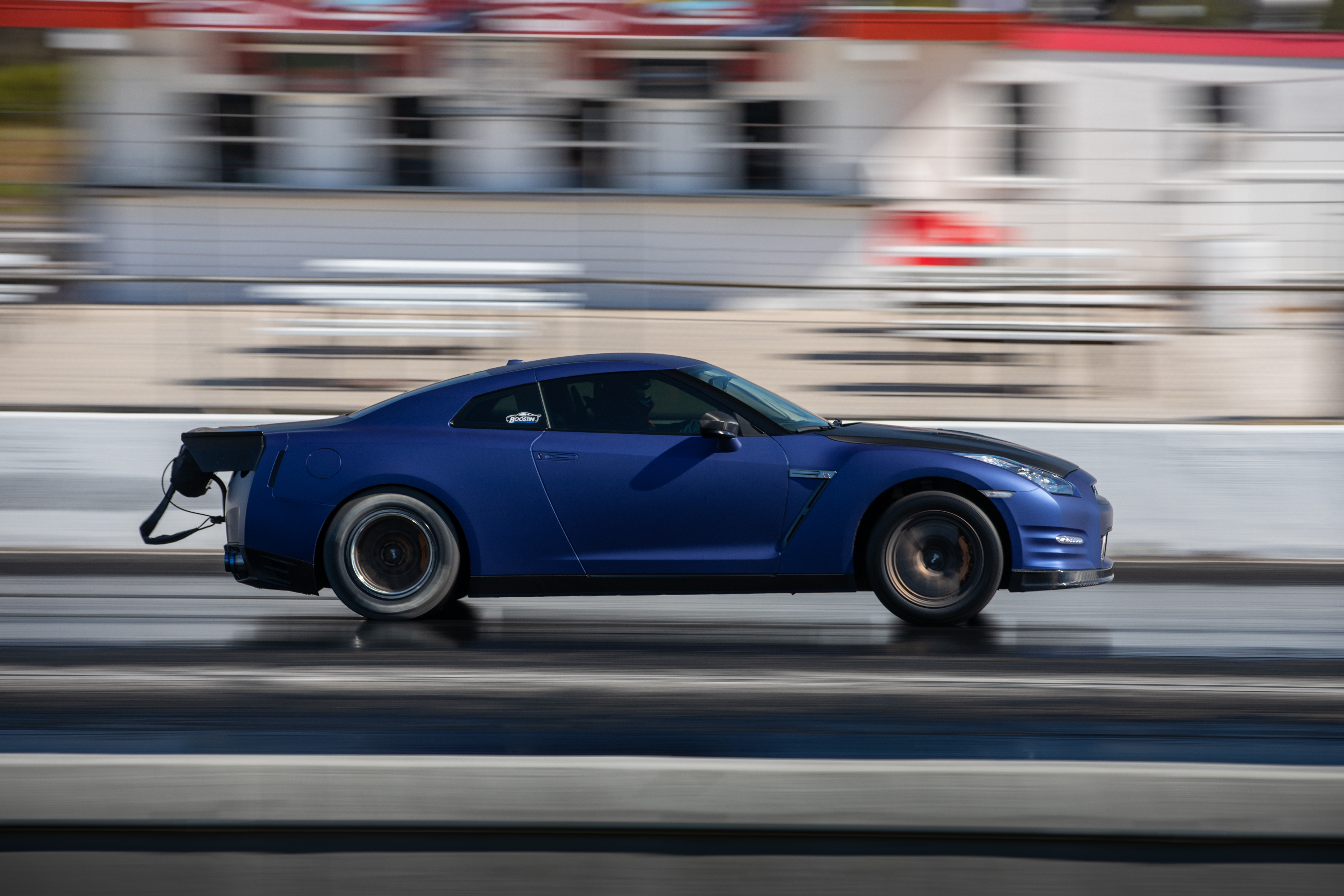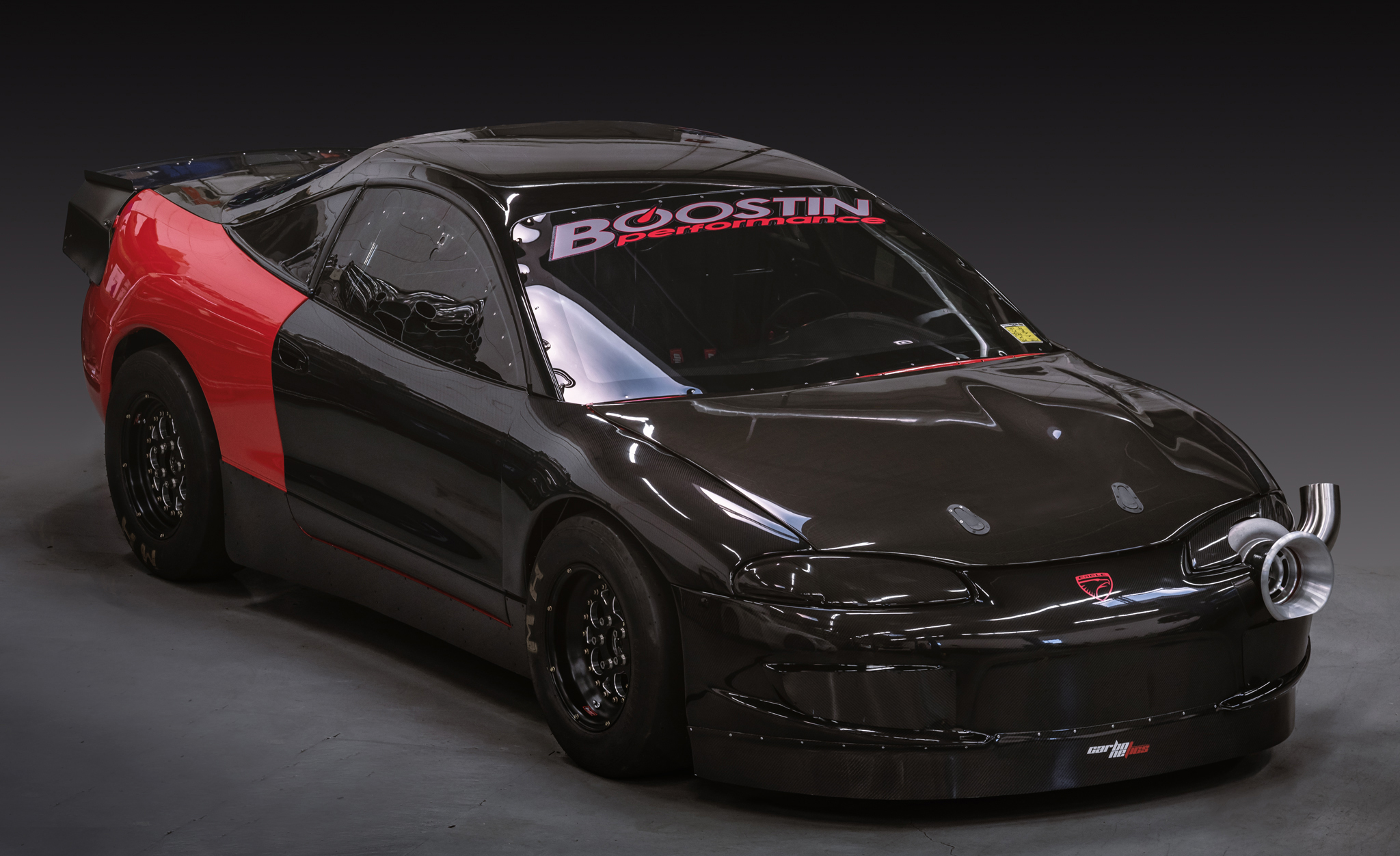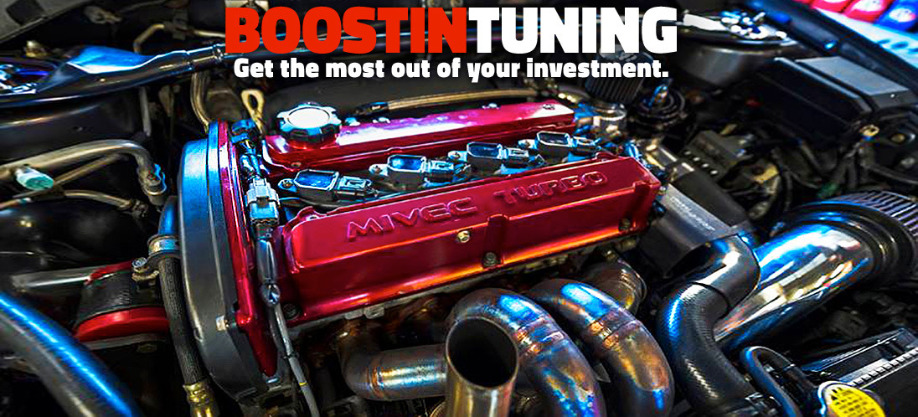Meet Your Horsepower Goals With the Right Intercooler
Apr 12th 2022

Getting The Most Out Of Your Turbocharger
An intercooler is an integral component on just about any forced induction setup, especially in the case of turbochargers. It can be an easy place to gain additional horsepower, especially if you've been putting it off your list of performance upgrades. Let's dive into the specifics of what an intercooler does and how the variances between the intercoolers available to you can make the difference in your build.

The Science of Why You Need an Intercooler
Let's break into what's happening in the engine bay of your turbocharged setup. As your engine runs, exhaust gasses pass through a turbine housing and spin the turbine that drives the compressor wheel (on the intake side). As the compressor wheel spins, it pulls in clean air and pressurizes your intake (boost). The faster the turbine and compressor wheel spin, the more air is moved, and (generally) the more boost is made.
Well, that's great, all we're looking for is more boost. Right? Sure, but the reason it can't just stop there comes down to thermodynamics. Air heats up when it's compressed. And in case you were unaware, a turbocharger is definitively a compressor. The intake air leaving the turbocharger can easily be above 250ºF, even exceeding 350ºF in high-boost applications.
Power comes down to the amount of air that can be run through your engine in a given amount of time, and that's air measured by mass, not volume. The air volume your engine can accommodate does not change with air temperature, but the mass does. See, as air heats, it expands. So, if you take the same number of air molecules and set them at different temperatures, they will occupy an additional amount of space, assuming the pressure is the same. Cooler air is denser, so you can pack more air molecules into your engine for more power. What's more, if you don't run an intercooler, even a moderate amount of boost can make your engine more prone to detonation (knock) due to elevated temperatures.
How an Intercooler Works
The basic function of intercoolers is relatively simple. Much like how your car's radiator uses airflow to pull the heat from the coolant, an intercooler uses airflow (one way or another) to pull heat from the charge air. This works as a result of the temperature gradient between the hot charge air being fed into the intercooler and the relatively cool ambient air flowing over the intercooler. As a result, the air pushed through the intercooler is cooled, making it denser and more capable of producing power.

Choosing the Right Intercooler
Now that we've covered why you need an intercooler on your turbocharged setup, it's time to choose one for your build. Let's start by saying not all intercoolers are equal. There are a few factors to consider when choosing an intercooler, so let's dive in to see which will work best for you.
Intercooler Size
Likely the largest factor in choosing your intercooler is the space it takes up. If you go with an air-to-air intercooler, it'll likely have to be in the front fascia (typically in front of the radiator) to get adequate airflow. Depending on how deep you're willing to go with modifications, that may narrow your choices. So what's the point in going with anything other than what comes stock?
Again coming back to thermodynamics, the ability of an intercooler to decrease the charge air temperature is dependent on how much surface area it has to facilitate heat transfer and how much heat it has to radiate. In essence, a bigger intercooler can yield more power by further cooling and condensing the charge air. If you're pushing more boost, you will need a bigger intercooler to handle the added capacity. You'll also want to consider the pressure drop from the inlet side of the intercooler to the outlet side, as an undersized intercooler can be overly restrictive. The size of a given intercooler and its efficiency can also depend on the intercooler style, those being air-to-air and air-to-water.
Intercooler Style: Air-to-Air Vs. Air-to-Water
Air-to-air intercoolers are the most common intercoolers and use direct airflow to decrease the charge air temperature. These are the most simple type of intercoolers, requiring the least amount of plumbing and typically the least amount of weight. Simply put, they cool the intake air with the ambient air outside, offering adequate and reliable cooling.
Air-to-water intercoolers are becoming more common and, while operating under the same fundamental principles as an air to air intercooler, are quite distinct. These intercoolers cool the charge air by pumping coolant through the intercooler, transferring the heat to the coolant. The coolant is then pumped through a radiator to be cooled and start the process over again. Some air-to-water intercoolers integrate an icebox to reduce the intake air temperature drastically, but these are best reserved for dedicated drag cars making significant horsepower.
| Air-to-Air Intercoolers | Air-to-Water Intercoolers |
| Advantages: • Typical OE choice • Simple plumbing • Relatively low cost • Won’t heat soak (with good airflow) • Fewer components/failure points |
Advantages: • Can be placed virtually anywhere since intercooler doesn’t need airflow • Works consistently regardless of air temp and vehicle speed • Typically lower pressure drop • Smaller footprint |
| Considerations: • Must have adequate airflow • Larger for the same cooling effect • Dependent on ambient air temp and vehicle speed |
Considerations: • More plumbing required • More complex system • Prone to heat soak • Large leaks can cause engine failure |
Worth noting, you can make use of evaporative cooling in an air to air intercooler by using an intercooler sprayer. Still, the gains tend to be moderate at best, and the system needs to be refilled once depleted.

Find Your Intercooler With Boostin Performance
Whether you've decided on the intercooler for your build or you'd like some help deciding which is best for your build, we at Boostin Performance are here to help. See our selection of intercoolers for your car, and be sure to give us a call to inquire about an appointment for installation. From parts to service and tunes, we've got all of your performance needs covered.
